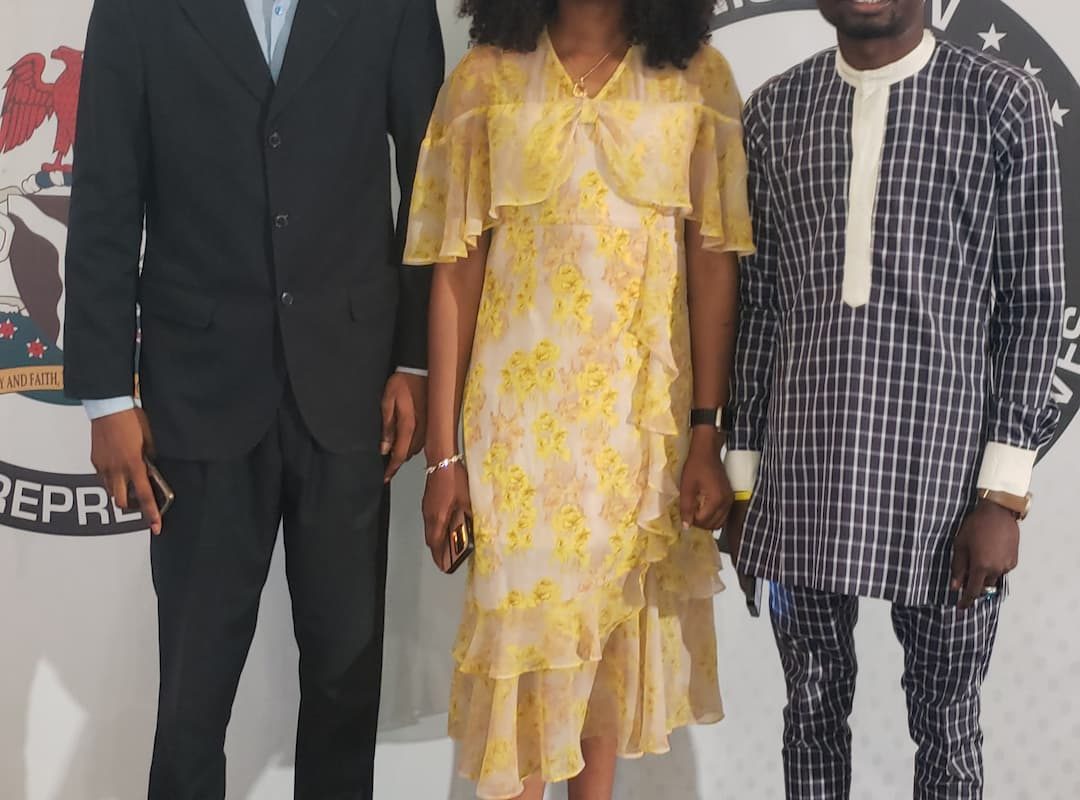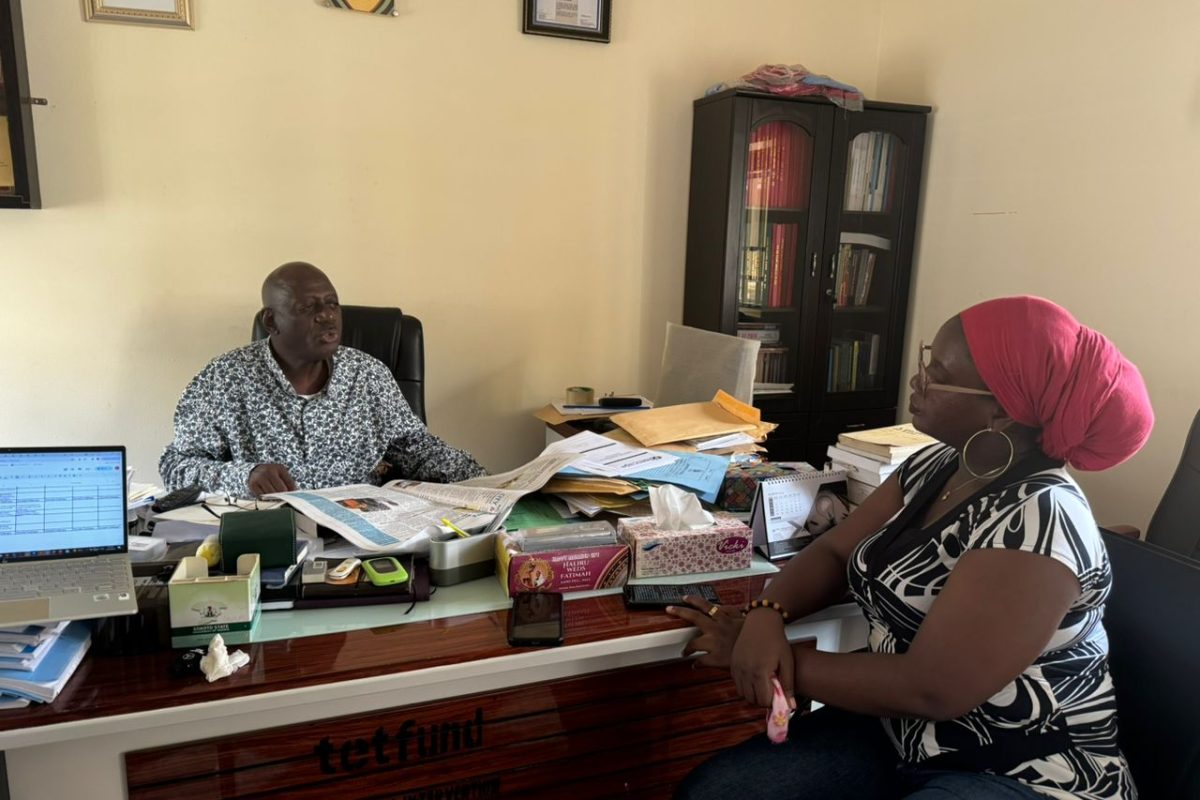Efio-Ita Nyok, from Abuja, writes on a recent plenary session held by the Active Citizens Engaging the Legislature (ACEs) on the recently assented Higher Education Act, popularly known as the Students Loan Act.

In a plenary session organized by Active Citizens Engaging the Legislature (ACEs), a programme under the aegis of OrderPaper, Nigeria’s foremost independent parliamentary monitoring organisation and policy think tank that bridges the gap between people and parliament, a robust debate on the recently assented Higher Education Act, popularly known as the Students Loan Law, was carried out.
The law, signed into effect by President Bola Tinubu in June 2023, came under scrutiny as citizens expressed diverse opinions on its potential impact.
During the January monthly plenary of ACEs across the country, Chukwunwike Odagwe raised concerns about the loan’s effectiveness in bridging the gap in education funding, questioning the likelihood of immediate job opportunities for graduates to offset the loan.
He expressed scepticism, suggesting that the government’s motivation might be more about garnering commendations than genuinely benefiting Nigerians. Additionally, Odagwe questioned the accessibility of the loan for Nigerian students.
Deborah Obiabo the Deputy National Coordinator (North) of the ACEs offered a different perspective, highlighting the potential for the student loan to address gender imbalances in education. She emphasized the need for citizens, particularly the girl child, to seize the opportunity presented by the loan and expressed puzzlement over the apparent exclusion of certain groups, advocating for universal accessibility.
Vincent Ejoh from Delta raised concerns about the difficulty of obtaining the loan and questioned whether it would be continuous throughout the entire academic year. He proposed an alternative approach, suggesting that a scholarship and grant system might be more competitive and inclusive. “Getting the loan will not be easy. Will the loan be continuous for the entire study year? It should have been a scholarship and grant, it should be competitive,” he said.
Abubakar Dturuwa who argued that the student loan, as understood ‘is not made for public’, added, it might not benefit the masses due to its criteria, which seemingly favour those already enrolled in school. He expressed concern about the lack of specificity in terms of gender, pointing out that the act did not differentiate between male and female beneficiaries.
Effiong Innocent an Abuja resident delved into the conditions tied to the loan, expressing doubts about its accessibility for everyone. He particularly highlighted the repayment conditions after graduation and voiced concerns about the potential reinforcement of gender inequality, with the majority of beneficiaries being male. Innocent recommended that the Federal Government consider making the loan more accessible, potentially transforming it into a grant.
“For me, the conditions tied to this loan is something that will not allow for everyone to access it, especially the condition to pay back the loan after graduation,” he said.
Mayowa Ogundijo, however, saw a positive aspect in the loan act, suggesting that it contributes to balancing the gender disparity in education. He contended that, upon reviewing the criteria, there seemed to be no obstacles preventing female students from accessing the loan.
Rotimi Joseph from Plateau State brought attention to a crucial aspect – how students would repay the loan. He emphasized that addressing the repayment method should be a priority for the government to ensure equitable access to the loan.
As the monthly plenary session concluded, the diverse opinions underscored the need for careful consideration and potential adjustments to the Student Loan Act, reflecting the complexities and varied expectations of the Nigerian populace.
The debate shed light on the intricacies of education funding and accessibility in the country, urging policymakers to navigate these challenges judiciously.




One comment
Olabode Afurewaju
January 28, 2024 at 9:01 pm
The Nigeria Student Loan Act needs more attention from the Legislature and the President Bola Tinubu.
In my opinion, it’s a good Bill that prematurely became an Act without proper planning and less attention to implement inorder to meet the needs of the most vulnerable people of the society, and no serious “Admission” does that to her Educational system.